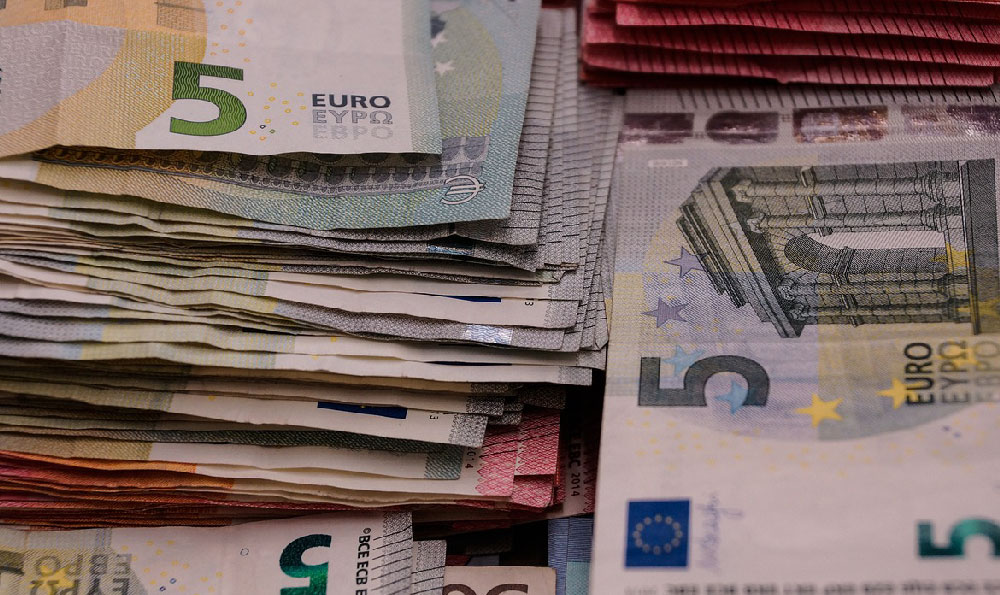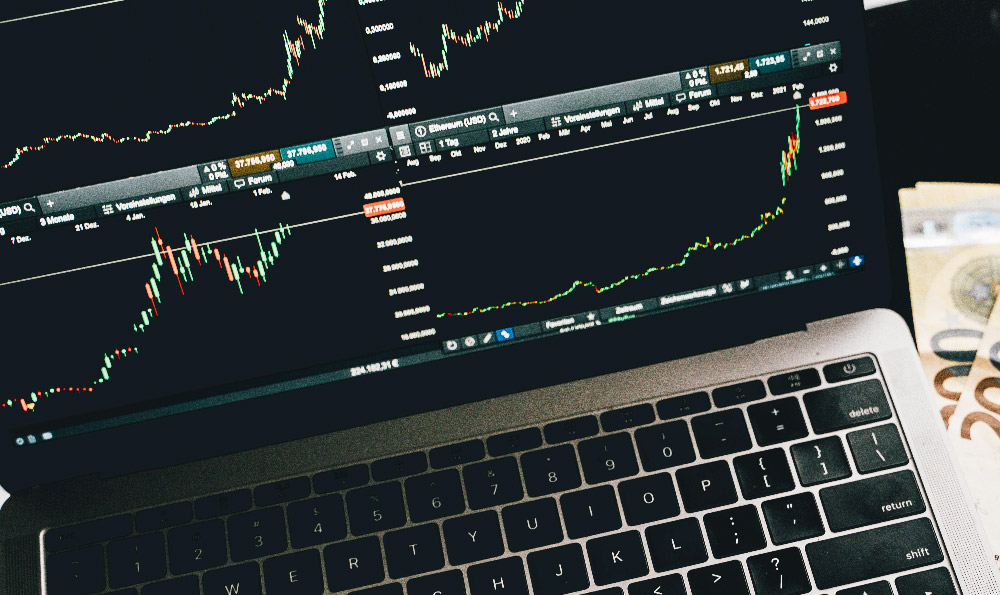Joe Biden's financial history is a narrative of public service, marked less by entrepreneurial ventures and more by a career dedicated to government. Understanding how he accumulated his wealth, and where it is currently allocated, offers insights into the financial realities of a long-serving politician who transitioned into a period of significant financial gain later in life.
For much of his career, Biden's income stemmed primarily from his salaries as a public servant. He dedicated decades to serving as a U.S. Senator for Delaware, a position that provided a comfortable, albeit not extravagant, income. Prior to his senate career, he also worked as an attorney, adding to his early professional earnings. These earnings were sufficient to support his family, but they did not place him amongst the wealthy. For years, he consistently portrayed himself as "middle-class Joe," a relatable figure with modest means, distinguishing himself from wealthier politicians. This image resonated with many voters and became a cornerstone of his political brand.
The significant shift in Biden's financial standing occurred after his tenure as Vice President under Barack Obama. Following his departure from the White House in 2017, he, along with his wife Jill Biden, embarked on a lucrative period of book writing and public speaking engagements. This marked a significant departure from his career earnings and propelled him into a higher income bracket. His memoir, "Promise Me, Dad," detailing his experiences with his son Beau's illness and passing, became a bestseller and generated substantial royalties. Similarly, his public speaking engagements commanded hefty fees, reflecting his high profile and decades of experience in the political arena. These combined ventures formed the basis of his post-Vice Presidential wealth accumulation.

Reports and financial disclosures indicate that a substantial portion of Biden's wealth is invested in traditional assets like stocks, bonds, and mutual funds. These are common investment vehicles that provide diversification and potential for long-term growth. Specific details of his investment portfolio are not fully public, however, it's reasonable to assume a strategy reflecting his age and risk tolerance. Given his stage in life, a conservative approach favoring stability and income generation over high-risk, high-reward investments would be expected. He likely holds a mix of equities, representing ownership in companies, and fixed-income securities, like bonds, which offer a more predictable stream of income.
Real estate also likely constitutes a portion of his assets. While specific property holdings are not always publicly disclosed, many prominent figures invest in real estate as a tangible asset that can appreciate over time and provide rental income. Whether Biden owns personal residences, investment properties, or a combination of both, real estate likely plays a role in his overall asset allocation.
Beyond these standard investment channels, it's also worth noting the charitable contributions he and his wife have made. Philanthropy is a common practice among high-income individuals, and charitable giving can also provide certain tax benefits. The Bidens have a history of supporting various causes and organizations, demonstrating a commitment to giving back to the community.
Furthermore, estate planning considerations are undoubtedly relevant in Biden's financial picture. As he advances in age, he likely has plans in place to manage his assets and ensure their smooth transfer to his heirs. This involves considerations of trusts, wills, and other legal instruments designed to minimize estate taxes and facilitate the distribution of his wealth according to his wishes. These plans are typically confidential, but they form an important component of his overall financial strategy.
It is important to consider the ethical implications of a politician amassing significant wealth, especially through avenues like book deals and speaking engagements. Transparency and disclosure are crucial to maintain public trust and prevent any perception of conflicts of interest. The Bidens have generally been transparent about their income and assets, filing required disclosures and adhering to ethical guidelines. However, scrutiny and public discourse surrounding the financial dealings of political figures are essential to ensure accountability and prevent any potential abuse of power.
In summary, Joe Biden's financial journey reflects a career path that transitioned from public service salaries to post-political income from book deals and speaking engagements. His wealth is likely allocated across a diversified portfolio of stocks, bonds, mutual funds, and possibly real estate, reflecting a strategy appropriate for his age and risk tolerance. Charitable giving and estate planning are also important considerations in his overall financial picture. While his financial success is a testament to his post-political career, transparency and ethical considerations remain paramount to maintaining public trust and accountability. The narrative of his wealth is not one of inherited fortune or shrewd business acumen, but rather the story of a public servant who found financial success later in life through avenues open to many public figures after their time in office. This distinction is important for understanding the complexities of wealth accumulation within the context of political service.












